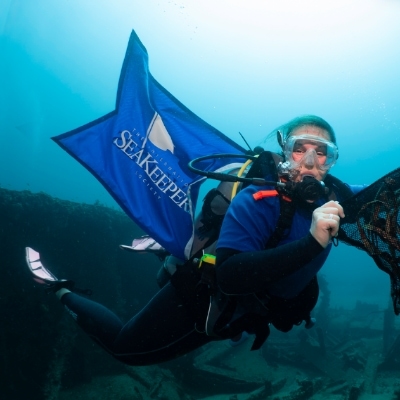Shark Observations with The Shark Trust
Project Overview:
The Shark Log sightings database is a global citizen science initiative developed by the Shark Trust to collect sightings data of sharks, skates, and rays. Open to anyone, from casual snorkelers to organized dive centers, participants can log sightings year-round through the Shark Trust app or website.
As a highlight within this initiative, the Basking Shark Project focuses on one of the ocean’s most iconic shark species. These gentle filter feeders are seasonal visitors to UK waters from March through October, often visible at the surface as they cruise for plankton.
Program Partners
- Shark Trust
Location
- Global
Expected Time Frame
- Ongoing
Citizen Science activity parameters listed above are flexible and negotiable.
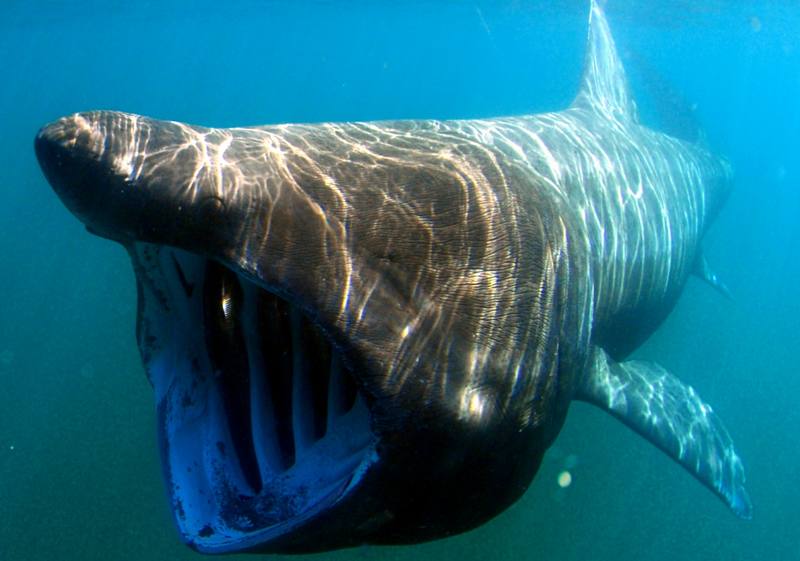
Background:
Launched in 2008, the Shark Log sightings database now holds over 18,000 records representing approximately 65,000 individual sharks. This initiative helps scientists, conservationists, and marine planners build a clearer picture of species distribution and trends in both familiar and lesser-studied waters.
The Basking Shark Project was created to spotlight this elusive, slow-moving giant. Once heavily fished, basking sharks are now protected across UK and EU waters. Despite their size, they remain difficult to study. Citizen-reported sightings are critical to expanding our understanding of their migratory patterns and shifting coastal hotspots.
The Shark Log sightings database also enables collaboration between marine organizations and fosters stronger connections across the shark conservation community.
Mission:
Shark Log aims to build a more complete understanding of shark, skate, and ray presence across global waters. This open reporting system strengthens the scientific foundation needed for conservation planning and policy.
Within this system, the Great Shark Snapshot concentrates efforts into a one-week window, encouraging high-volume data capture which could be used to detect changes in biodiversity, seasonality, and sightings trends over time.
Meanwhile, the Basking Shark Project tracks seasonal arrivals and changing distributions of basking sharks, aiding long-term conservation management and public awareness of these protected animals.
Data Impact:
Sightings logged through Shark Log support efforts such as environmental monitoring, designation of protected areas, species management planning, and determination of IUCN Important Shark and Ray Areas (ISRAs).
Basking Shark Project data are currently being standardized for open access to maximize research and conservation impact.
How to Participate:
To start logging your shark observations, please email SeaKeepers’ Citizen Science Manager at rosemarie@seakeepers.org.
Program Partners:
Get Involved
If you’re interested in learning more about this specific program opportunity, please reach out to our team below to find out more about this program or get involved in other opportunities with SeaKeepers.
Explore More Opportunities
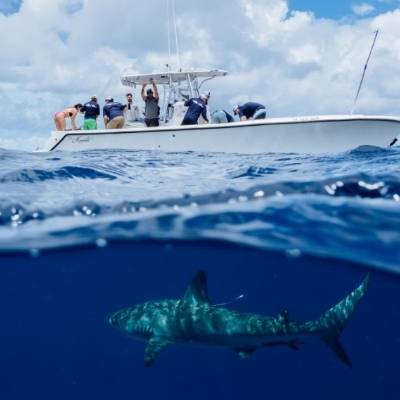
At-Sea Opportunities
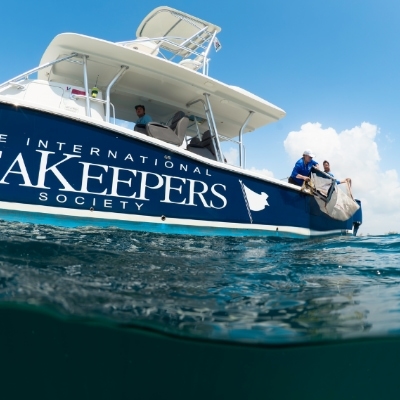
Citizen Science Opportunities
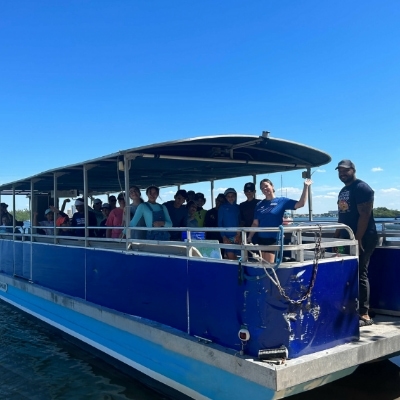
Education Opportunities
